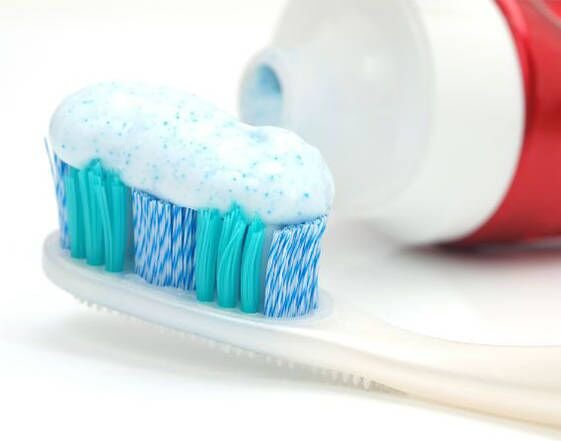Selecting the right toothpaste to accompany your toothbrush is a crucial step in maintaining excellent oral health. While toothbrushes play a significant role in cleaning your teeth, toothpaste complements their efforts by providing essential cleaning agents and oral health benefits. In this article, we’ll explore how to choose the ideal toothpaste that aligns with your oral needs, the various types available, and essential factors to consider.
Why Toothpaste Matters
Toothpaste serves multiple essential functions in your daily oral care routine:
- Cleaning Teeth: Toothpaste contains abrasive agents that help remove food particles, stains, and plaque from your teeth, leaving them clean and polished.
- Fluoride Protection: Most toothpaste includes fluoride, a mineral that strengthens tooth enamel and prevents tooth decay.
- Fresh Breath: Toothpaste often contains flavoring agents and antibacterial properties to leave your breath fresh and pleasant.
- Specialized Benefits: Many toothpaste varieties offer additional benefits such as teeth whitening, sensitivity relief, or gum care.
Types of Toothpaste
- Fluoride Toothpaste: This is the most common type and is crucial for preventing cavities and maintaining overall oral health. It comes in various flavors and strengths to suit different preferences and needs.
- Whitening Toothpaste: These toothpaste formulas contain abrasive agents and chemicals that help remove surface stains and brighten teeth over time.
- Sensitive Teeth Toothpaste: Formulated for those with tooth sensitivity, this type of toothpaste often contains desensitizing agents to alleviate discomfort.
- Gum Care Toothpaste: Designed to target gum problems like gingivitis, these toothpaste varieties often contain antimicrobial agents and soothing ingredients.
- Natural and Herbal Toothpaste: Free from artificial additives, these toothpaste options use natural ingredients like tea tree oil, aloe vera, or baking soda to promote oral health.
Choosing the Right Toothpaste for Your Toothbrush
- Consider Your Oral Health Needs: Start by identifying your specific oral health requirements. Do you need to strengthen enamel, whiten your teeth, or combat sensitivity? Select a toothpaste that aligns with your needs.
- Fluoride Content: Most dentists recommend toothpaste with fluoride to prevent cavities. Check the fluoride concentration on the packaging to ensure it meets your needs.
- Sensitivity Levels: If you have sensitive teeth, opt for a toothpaste designed for this purpose. These varieties usually contain potassium nitrate or strontium chloride to alleviate discomfort.
- Gum Health: If you have gum issues like gingivitis or bleeding gums, choose a toothpaste specifically designed for gum care. These may contain antimicrobial agents like triclosan or herbal extracts like aloe vera.
- Whitening Goals: For teeth whitening, look for toothpaste with mild abrasives and bleaching agents like hydrogen peroxide. Remember that results may take time and consistency.
- Flavor and Texture: Toothpaste comes in various flavors and textures. Choose one that you find pleasant and easy to use to encourage regular brushing.
- Avoid Harmful Ingredients: Be mindful of toothpaste with excessive abrasive particles, high acidity, or artificial sweeteners, as they may harm your teeth or gums.
Conclusion
Choosing the right toothpaste for your toothbrush is a vital step in maintaining your oral health. Tailor your selection to your specific needs, whether it’s cavity prevention, sensitivity relief, gum care, or teeth whitening. By making an informed choice, you can ensure that your toothpaste complements your toothbrush’s efforts and contributes to a healthy, radiant smile. Don’t forget to consult with your dentist for personalized recommendations based on your oral health condition.




